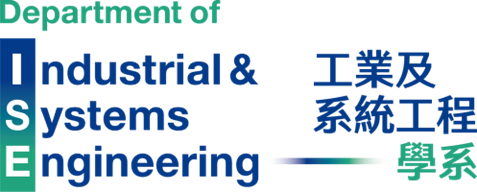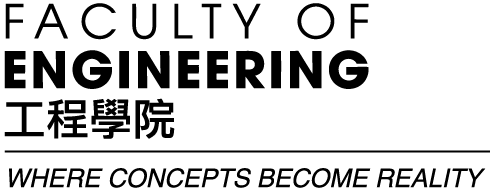Negative Carbon Impact Clearing of Harmful Algal Blooms
Distinguished Research Seminar Series

-
Date
21 Oct 2021
-
Organiser
Department of Industrial and Systems Engineering, PolyU
-
Time
09:00 - 10:30
-
Venue
Online via ZOOM
Speaker
Prof. Alexander H. Slocum
Remarks
Meeting link will be sent to successful registrants
Summary
Harmful algal blooms (HABs) in coastal waters will likely continue due to human activity releasing excess nitrogen (N) and phosphorus (P) and global warming increasing ocean temperatures. Near China, three large marine ecosystems (LMEs) bordering China (Yellow Sea/Bohai Sea, East China Sea, and South China Sea) suffer from HABs of various types depending on the NP ratio. In the Caribbean, Sargassum spp. blooms exacerbated by climate change and agricultural runoff are inundating Caribbean beaches, emitting toxic fumes and greenhouse gases through decomposition. HABs negatively impact tourism, artisanal fishing, shore-based industry, human health, standards-of-living, coastal ecology, and the global climate. Barriers, collection machinery, and valorization have been unable to provide sufficient, sustainable, or widespread relief, and onshore economic interests currently outweigh offshore interests. On the other hand, considering philosophy of Taiji, HABs are acting to absorb excess nutrients and CO2 and thus a goal should be carbon negative harvesting and sequestering. A case study will be used where a Sargassum management system is shown to be carbon negative and economically scalable across the Caribbean. Littoral Collection Modules (LCMs) have been created which can be attached to artisanal fishing boats. LCMs collect Sargassum in nets which are brought to a barge which is towed to the deep ocean where Sargassum is pumped to ~150–200 m depth. At this depth its buoyancy sacs collapse and it continues sinking, resulting in Sargassum Ocean Sequestration of Carbon, “SOS Carbon”. Costing and negative emissions calculations for this system show cleanup costs <$1/m3 and emissions reduction potential up to 1.356 → 3.029 tCO2e/dmt Sargassum. By establishing a negative emissions industry that builds resilience against HABs and employing local fishermen to operate LCMs achieves equitable sustainable socioeconomic goals.
Keynote Speaker

Prof. Alexander H. Slocum
Walter M. May and A. Hazel May Professor of Mechanical Engineering
Department of mechanical Engineering
Massachusetts Institute of Technology (MIT)
USA
Alexander Slocum is the Walter M. May and A. Hazel May Professor of Mechanical Engineering at MIT, a MacVicar Faculty Teaching Fellow, a Fellow of the ASME, and a member of the National Academy of Engineering. He has 130+ patents and has helped develop 12 products that have received R&D 100 awards for “one of the one hundred best new technical products of the year”. He pioneered the deterministic design of kinematic couplings (www.kinematic couplings.org) including the standard for all semiconductor wafer transport carriers (SEMI E57-1296). He has helped start several successful precision manufacturing equipment companies and has a passion for working with industry to solve real problems and identify fundamental research topics. Alex is passionate about teaching and mentoring and received the 1999 Martin Luther King Jr. Leadership Award and was the Massachusetts Professor of the Year in 2000. In 2018 he was awarded the ASME Ruth and Joel Spira Outstanding Design Educator Award. At MIT in addition to being a he has been awarded the 2010 Arthur Smith Faculty Achievement Award and the 2017 Capers and Marion MacDonald Award for Excellence in Mentoring and Advising. Teaching goes hand in hand with research, and Alex was the recipient of the Society of Manufacturing Engineer’s Frederick W. Taylor Research Medal, and the ASME Leonardo daVinci, Machine Design, and Thar Energy Awards. His current interests focus on the development of precision machines from medical devices and instruments to energy harvesting and storage machines. In 2010 he served on Energy Secretary Chu’s special DoE Science Team working on the Gulf Oil Spill, and in 2013 he served in the Office of Science and Technology Policy in the Executive Office of the President as the Assistant Director for Advanced Manufacturing. Since high school days, Alex has had a passion for furniture making and carpentry. Alex also loves sports from SCUBA to snowboarding to marathons and iron-distance triathlons, and often brings his students along to live mens et manus et cor!
You may also like














